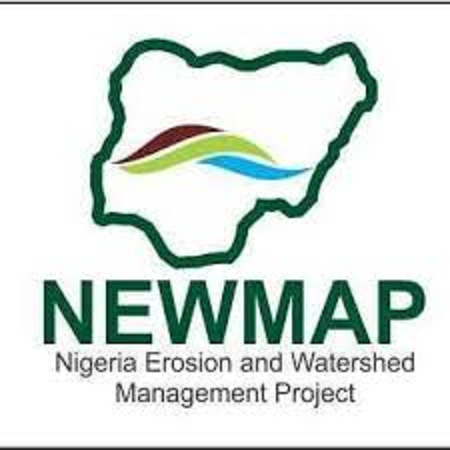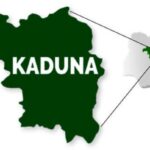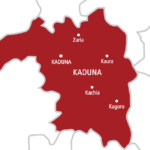World Bank-supported Nigeria Erosion and Watershed Management Project (NEWMAP) has planted trees on 30 hectares in three local government areas (LGAs) of Kaduna State.
The Project Coordinator, Mr Jibril Dahiru, in an interview with the News Agency of Nigeria (NAN) in Kaduna on Monday, said this was part of climate change mitigation efforts.
- Nigerians contributed over 1, 200 COVID-19 researches in 2 years – Coalition
- Religious manipulation reason for conflict in Nigeria – Minister
Dahiru said that trees were planted on 10 hectares each in Igabi, Kaura and Makarfi LGAs, adding that the effort was part of the project’s reclamation of degraded land.
He explained that land degradation was happening at an alarming pace, contributing to a dramatic decline in the productivity of croplands and rangelands worldwide.
According to Dahiru, when land is degraded, soil carbon and nitrous oxide will be released into the atmosphere, making land degradation one of the most important contributors to climate change.
He said that the project, which began officially in June 2021, had reached 90 per cent completion.
“We have achieved a lot since the inception of the project designed to control erosion in targeted areas, reverse land degradation, improve afforestation and halt biodiversity loss.
“We have successfully evacuated dump sites, including the notorious site at Sardauna Memorial College, Uguwan Dosa, Kaduna, where we have planted orchards and drilled boreholes,” Dahiru said.
The coordinator also said that the project would install an automated flood early warning system in each of the three senatorial zones.
He said that weather stations would be installed at Kaduna State College of Education, Gidan Waya, and Federal Government College of Education, Zaria, as part of institutional strengthening to mitigate flooding.
NAN reports that the Kaduna State Government had in March begun desilting drainages across the state to mitigate flooding under the NEWMAP project. (NAN)

 Join Daily Trust WhatsApp Community For Quick Access To News and Happenings Around You.
Join Daily Trust WhatsApp Community For Quick Access To News and Happenings Around You.


